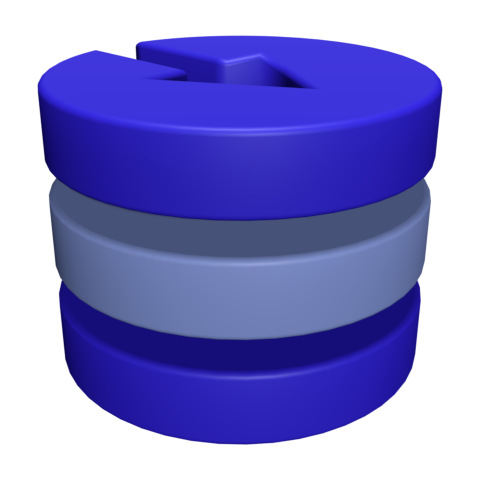Advanced usage
Contents
Advanced usage¶
This repository is designed both for performance and for having a low memory footprint.
Therefore, it provides bulk operations and the possibility to access objects as streams.
We strongly suggest to use these methods if you use the disk-objecstore as a library,
unless you are absolutely sure that objects always fit in memory, and you never have to
access tens of thousands of objects or more.
Bulk access¶
We continue from the commands of the basic usage. We can get the content of more objects at once:
container.get_objects_content([hash1, hash2])
# Output: {'6a96df63699b6fdc947177979dfd37a099c705bc509a715060dbfd3b7b605dbe': b'some_content', 'cfb487fe419250aa790bf7189962581651305fc8c42d6c16b72384f96299199d': b'some_other_content'}
For many objects (especially if they are packed), retrieving in bulk can give orders-of-magnitude speed-up.
Using streams¶
Interface¶
First, let’s look at the interface:
with container.get_object_stream(hash1) as stream:
print(stream.read())
# Output: b'some_content'
For bulk access, the syntax is a bit more convoluted (the reason is efficiency, as discussed below):
with container.get_objects_stream_and_meta([hash3, hash1, hash2]) as triplets:
for hashkey, stream, meta in triplets:
print("Meta for hashkey {}: {}".format(hashkey, meta))
print(" Content: {}".format(stream.read()))
whose output is:
Meta for hashkey 6a96df63699b6fdc947177979dfd37a099c705bc509a715060dbfd3b7b605dbe: {'type': 'packed', 'size': 12, 'pack_id': 0, 'pack_compressed': False, 'pack_offset': 0, 'pack_length': 12}
Content: b'some_content'
Meta for hashkey cfb487fe419250aa790bf7189962581651305fc8c42d6c16b72384f96299199d: {'type': 'packed', 'size': 18, 'pack_id': 0, 'pack_compressed': False, 'pack_offset': 12, 'pack_length': 18}
Content: b'some_other_content'
Meta for hashkey d1e4103ce093e26c63ce25366a9a131d60d3555073b8424d3322accefc36bf08: {'type': 'loose', 'size': 13, 'pack_id': None, 'pack_compressed': None, 'pack_offset': None, 'pack_length': None}
Content: b'third_content'
Important
As you see above, the order of the triplets IS NOT the order in which you passed the hash keys to
get_objects_stream_and_meta. The reason is efficiency: the library will try to keep a (pack) file open as long as possible, and read it in order, to exploit efficiently disk caches.
Memory-savvy approach¶
If you don’t know the size of the object, you don’t want to just call stream.read() (you could have just called get_object_content() in that case!) because if the object does not fit in memory, your application will crash.
You will need to read it in chunks and process it chunk by chunk.
A very simple pattern:
# The optimal chunk size depends on your application and needs some benchmarking
CHUNK_SIZE = 100000
with container.get_object_stream(hash1) as stream:
chunk = stream.read(CHUNK_SIZE)
while chunk:
# process chunk here
# E.g. write to a different file, pass to a method to compress it, ...
chunk = stream.read(CHUNK_SIZE)
You can find various examples of this pattern in the utility wrapper classes in disk_objectstore.utils.
Note also that if you use get_objects_stream_and_meta, you can use meta['size'] to know the size
of the object before starting to read, so you can e.g. simply do a .read() if you know the size is small.
Finally, when writing objects, if the objects are big, instead of reading in memory the whole content, you should use
the methods container.add_streamed_object(stream) (loose objects) or add_streamed_objects_to_pack(stream_list)
(directly to packs).
